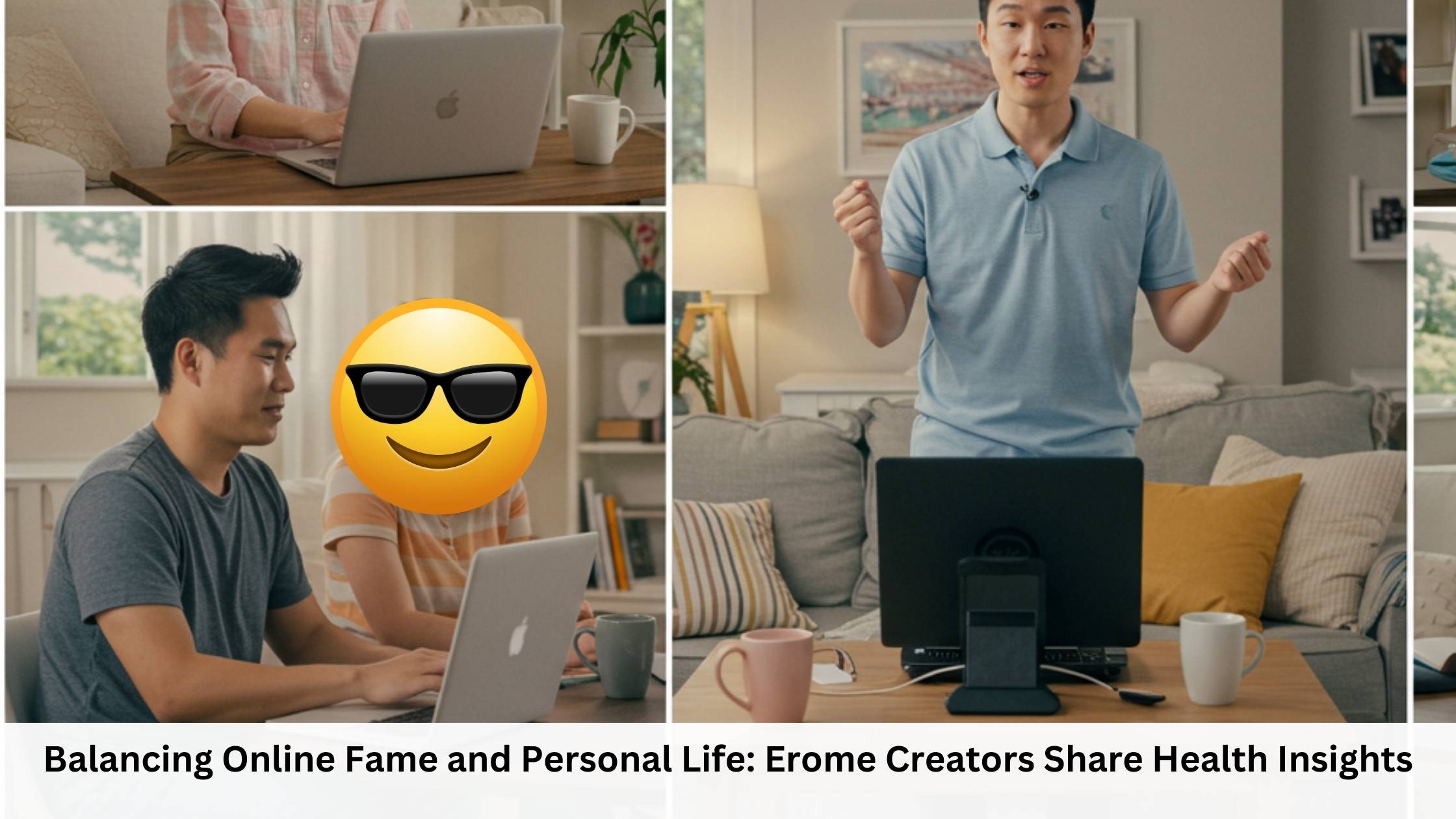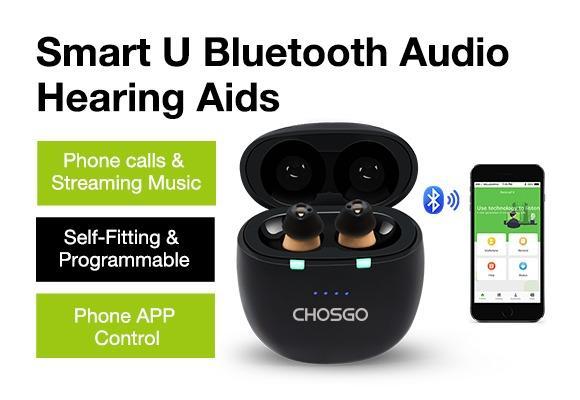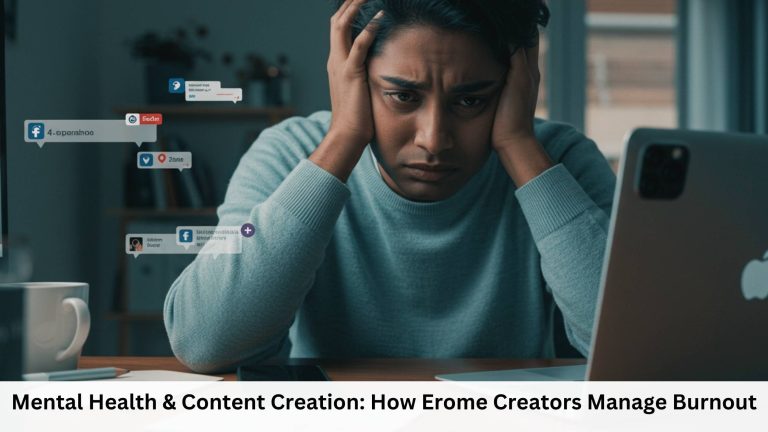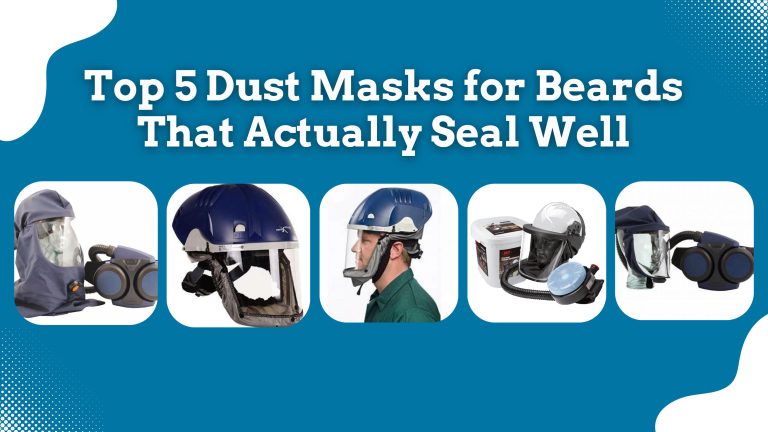
Why Are So Many Creators Quietly Struggling?
Ever found yourself wondering what it’s really like behind the scenes for popular online creators? Especially those on visually-driven platforms like Erome? We often assume they’ve got it all—fame, money, freedom. But here’s what no one talks about: the stress, burnout, and the quiet battles with mental and physical health. When your content becomes your identity and your income depends on attention, how do you find time to breathe, to be yourself, or even just to rest?
The Hidden Value of a Balanced Life in a Creator’s World
When you’re constantly in the spotlight, having a solid routine for your personal well-being isn’t just a luxury—it becomes a necessity. Many Erome creators have started speaking up about how building boundaries around their online presence has made them more focused, calm, and creatively fulfilled. Striking this balance doesn’t mean stepping away from the camera forever; it’s about creating a rhythm that respects your body and mind. The result? Better content, genuine interaction, and a longer, healthier career online.
What Do Erome Creators Say About Managing Fame?
1. Is Constant Visibility Hurting Mental Health?
One of the biggest challenges creators mention is the “always-on” nature of online life. Unlike traditional entertainers, Erome creators often work alone—managing production, engagement, and content calendars all at once. The dopamine rush from notifications is real, but so is the anxiety when numbers drop.
Creators like Lena Rivers and Mateo Kline have shared that maintaining consistent content schedules left them emotionally drained. Over time, it started affecting their sleep, moods, and even appetite. It’s not just about feeling tired—long-term exposure to stress hormones like cortisol can lead to more serious health issues.
2. How Does Sleep Get Sacrificed in the Name of Content?
Late-night editing sessions, interacting with fans across different time zones, or staying online to ride trending topics—all of this cuts into rest. According to the National Sleep Foundation, adults need at least 7 hours of sleep per night. But many Erome creators report getting only 4-5 hours, especially during peak posting seasons.
Lack of sleep reduces productivity, weakens immunity, and disturbs emotional regulation. Creators like Jasmine Noor have spoken about how setting a strict bedtime, despite losing some engagement opportunities, helped her feel better and perform better.
3. How Real Is Burnout—and What Does It Look Like?
Burnout isn’t always dramatic. Sometimes, it’s simply feeling numb while creating content or dreading going live. According to Dr. Emily Tran, a psychologist who works with digital professionals, symptoms of burnout can include irritability, low motivation, and even physical symptoms like headaches or stomach pain.
What’s helped? More creators are now building in “off-days” and scheduling downtime, even if that means being less active online. Tools like batch recording and auto-scheduling help them stay present without being constantly active.
4. Is There a Way to Stay Fit Without Disrupting Content Creation?
Staying physically active plays a huge role in mental health, yet many creators report struggling to keep up with exercise. Creator and wellness advocate Lior Han shared how she started integrating short yoga sessions between content shoots, improving both her posture and energy.
Home-friendly activities like resistance band workouts or even walks during calls can be surprisingly effective. The goal isn’t to train like an athlete—but to stay physically functional in a job that often involves long hours in front of a camera or screen.
5. Can Online Creators Really Have Privacy?
Maintaining privacy while being a public figure sounds contradictory, but it’s becoming essential. Some creators now use stage names, separate accounts for personal and public life, and even limit face reveals. Erome’s flexible content structure allows for creativity without overexposure.
For instance, Noah Lune, an Erome creator, keeps his content studio separate from his home to protect his personal space. By distinguishing physical and emotional boundaries, he’s found a sense of control in an otherwise exposed profession.
Discover Staying Healthy as a Full-Time Erome Creator Tips
How Do Diet and Nutrition Factor In?
6. What Are Creators Eating—and Is It Enough?
Fast-paced schedules often mean quick meals. Many creators admit to relying heavily on caffeine and skipping balanced meals, especially during content sprints. This affects metabolism, focus, and skin health—important attributes in a visual profession.
Registered dietitian Carla Hayes recommends simple changes: high-protein snacks, hydration breaks, and meal prepping during low-content days. She notes that poor nutrition can lead to mood swings and fatigue, which then spiral into low engagement and creative block.
What Role Do Relationships and Community Play?
7. Do Creators Feel Lonely?
Online fame can be isolating. You’re connected to thousands, sometimes millions, but meaningful conversations can be rare. Many creators mention losing old friends who don’t understand their work, and struggling to find peers who relate.
Erome’s internal community groups and forums are becoming lifelines. These spaces allow creators to connect, share strategies, and even collaborate. While it’s no substitute for in-person friendships, peer support online reduces emotional strain.
8. Can Relationships Survive Public Life?
Romantic relationships often suffer when a partner doesn’t fully grasp the nature of digital content work. The pressure to always look available, the DMs, and public scrutiny can build tension. Creators like Dana Yule have shared how setting boundaries around work hours and phone-free evenings helped restore intimacy in their relationship.
Tools and Tactics Creators Use to Stay Grounded
9. How Are Creators Organizing Their Day?
Digital planners, Pomodoro timers, and app blockers are common among creators who want to stay productive without burning out. Some use mindfulness apps or journaling to check in with themselves before logging on.
10. Are There Professional Resources for Support?
Yes—and they’re growing. Therapy apps, virtual wellness coaching, and even group support sessions tailored for content creators are now part of many creators’ routines. Erome itself offers wellness sessions quarterly, with sign-ups doubling in the past year.
Learn How Erome Supports Safe Content Creation and Viewer Protection
Common Creator Challenges vs. Coping Mechanisms
| Challenge | Coping Mechanism |
| Sleep Deprivation | Scheduled downtime, blue light filters |
| Burnout | Batch content, off-days |
| Poor Nutrition | Meal prep, hydration reminders |
| Lack of Physical Activity | Home workouts, movement breaks |
| Loneliness | Peer forums, creator meetups |
| Privacy Concerns | Stage names, content boundaries |
| Relationship Strain | Phone-free zones, communication |
Where Is This All Going?
As the creator economy continues to grow, platforms like Erome are beginning to adapt—not just in terms of features, but in supporting the human beings behind the content. More creators are normalizing conversations about mental health, balance, and personal safety.
The shift is subtle, but significant. It’s no longer just about hustle—it’s about sustainability. And that starts with health.
Final Thoughts: Can You Really Have Both Fame and Fulfillment?
The short answer? Yes, but it takes work. As someone who’s walked this road, I can tell you—it’s not about finding the perfect balance once and sticking to it. It’s about adjusting every day, checking in with yourself, and making space for the parts of you that don’t exist for likes or views.
What Erome creators are showing us is that online success doesn’t have to come at the cost of your health. With the right mindset, support systems, and a few boundaries in place, it’s entirely possible to thrive both online and off.






